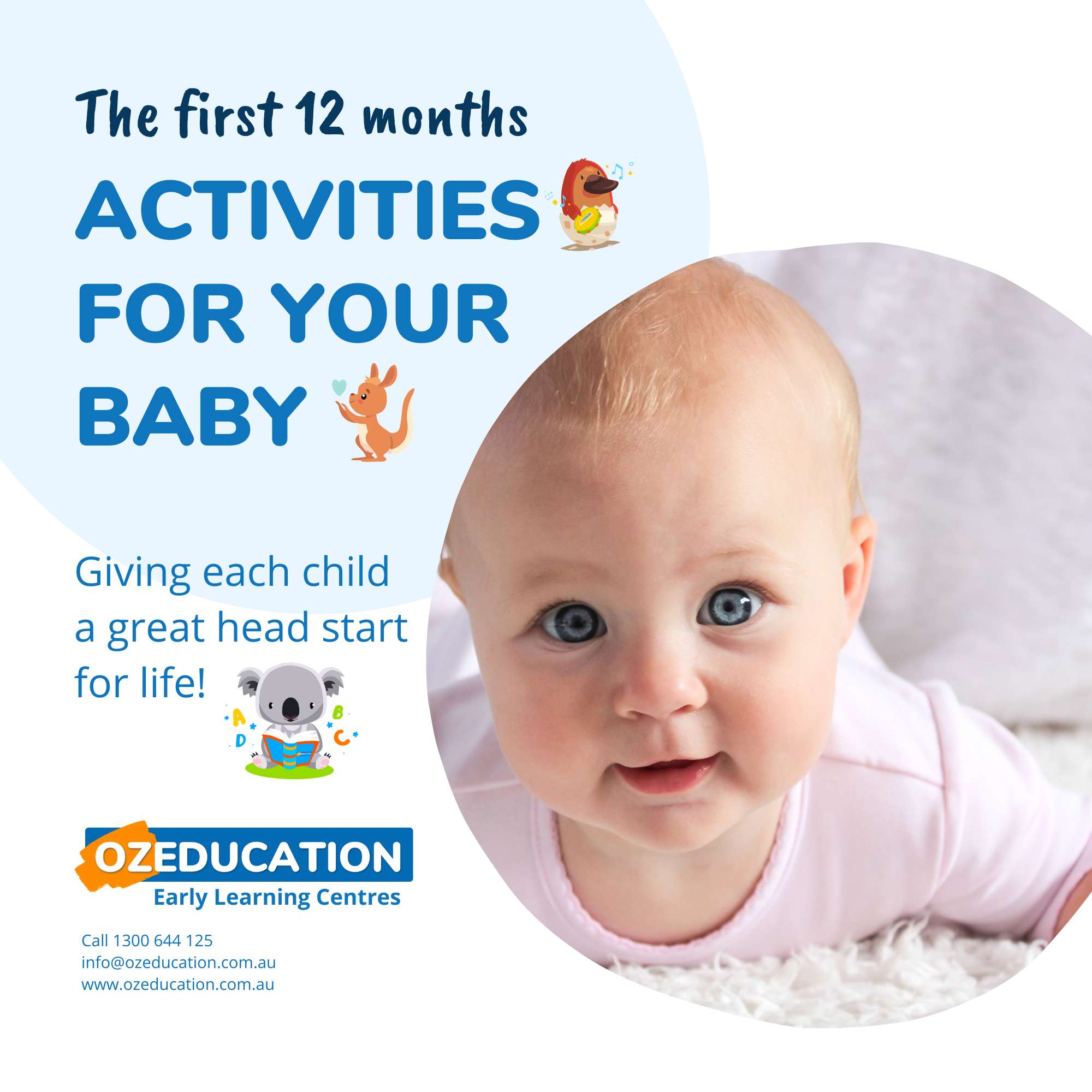
Positive reinforcement is a powerful tool in early childhood education, helping children learn desired behaviors, build self-esteem, and foster a love for learning. When children are praised and rewarded for positive actions, it reinforces those behaviors, encouraging them to repeat them in the future.
Why Positive Reinforcement Matters
At its core, positive reinforcement encourages children to focus on what they’re doing right, rather than what they’re doing wrong. This approach creates an environment where children feel safe, appreciated, and motivated to improve.
The Benefits of Positive Reinforcement
Encourages Positive Behavior: Positive reinforcement helps children understand what behaviors are expected of them. Whether it’s sharing with a friend, completing a task, or showing kindness, reinforcing positive behavior leads to greater compliance and fewer behavioral problems.
Boosts Self-Esteem: Praise and rewards for good behavior help children feel good about themselves and their accomplishments. This positive feedback boosts their confidence and encourages them to continue striving for success.
Promotes a Love for Learning: When children are recognized for their efforts, they develop a positive attitude toward learning. They begin to associate learning with success, motivation, and achievement.

Strategies
Specific Praise: Instead of generic praise like “Good job,” be specific about what the child did well. For example, “Great job on sharing your toy with your friend!” This helps the child understand exactly what behavior is being reinforced.
Rewards and Incentives: While verbal praise is important, small rewards—such as stickers, extra playtime, or a special privilege—can provide additional motivation for children to continue positive behavior.
Consistency is Key: Positive reinforcement works best when it is used consistently. Reinforce good behavior immediately so that children can make the connection between their actions and the rewards or praise they receive.
Creating a Positive Reinforcement Strategy in Early Childhood Education
Set Clear Expectations: Make sure children understand the behaviors that are expected of them and the rewards they can earn for meeting those expectations.
Use a Variety of Reinforcements: While verbal praise is essential, vary your reinforcement strategies. Combine praise with tangible rewards or new responsibilities to keep children engaged.
Be Genuine: Ensure that praise and rewards are genuine. Children can tell when compliments are insincere, which reduces their effectiveness.
By incorporating positive reinforcement into early childhood education, we help children develop a strong foundation of self-worth, good behavior, and a lifelong love of learning.
Free Parenting Guide
Our Free Guide ‘The first 12 months – Activities for your Baby’ outlines some important developmental milestones and activities that you can enjoy whilst encouraging your baby’s healthy development from 0-12 months and beyond.
Need a bit of Help?
At Oz Education, we understand the challenges of early parenting. That is why we are committed to supporting both yourself and your family through this transformative phase. With expertise and a nurturing approach we are here to provide guidance, answering questions and providing child care focused on fostering little ones through their many learning and developmental milestones. Feel free to visit our Early Learning Centres by booking a tour with us to explore further care and support options through this exciting time.


